Happy Advent! In this season of expectant waiting, here is a riddle for you:
This thing all things devours:
Birds, beasts, trees, flowers;
Gnaws iron, bites steel;
Grinds hard stones to meal;
Slays king, ruins town,
And beats high mountain down.
So spoke Gollum to Bilbo Baggins in their battle of riddles in the classic book The Hobbit. This one almost led to poor Bilbo’s demise, until he unwittingly stumbled upon the answer when he asked for more time.
“What time is it?” may be the most common phrase at summer camp. The campers are constantly asking the time, and they always want to know what is happening next. It is a constant challenge to simply live in the moment, and camp is one of the great places to learn this skill. At several camps that I have been a part of, the counselors settled on a snarky, yet theologically sound response: “It’s Jesus time.” When campers ask about the chronos, we give them the kairos.
The Fourth Dimension
Time is a funny thing. We measure it and obsess over it. Be on time. Take your time. Don’t waste my time. We sometimes want it to speed up and other times to slow down or stop altogether. It is both fleeting and ponderous. A moment can pass too quickly and can also feel like an eternity. As the nihilistic Gollum reflected in his riddle, time is inexorable. But it is also the great healer and renewer. It is both a straight line (like a timeline) and cyclical, like the face of a clock or the passing of seasons.
In cosmic terms, time is the fourth dimension. What we see through our most advanced telescopes are stars and galaxies as they were hundreds of millions or even billions of years ago, yet their light impacts us now. We are all moving through space and time, as it expands around us. Time as we experience it is relative. Science fiction writers love exploring this concept, with people aging at different speeds depending on the speed they travel (like in Ender’s Game) or the gravity they experience (like in Interstellar).
We most often envision time as a progressive, straight line, with one period building on another through ages, eras, and eons. Like Gollum’s concept of time, it moves inexorably forward, leaving the past far behind and changing things beyond recognition. We even imagine our lives this way, with distinct life stages through which we progress until we inevitably succumb to time’s relentless progression. The Greek word for this concept of time is chronos (as in chronology), and there was even an accompanying Greek god (one of the Titans).

Kairos and Chronos
There is another way to think of time, and this way is more biblical. While chronos appears many times in the Bible, there is a second word for time: kairos. This refers to the fulfillment of time or the appointed time. While chronos is arranged as a straight line, God’s time (kairos) can be envisioned more as a circle or cycle (“A thousand years in your sight are like a day that is past, or like a watch in the night” – Psalm 90:4). We enact this understanding of time as we move through the church year: Advent, Christmas, Epiphany, Lent, Easter, and Pentecost. In this sense of time, we are now entering a new year with the beginning of Advent.
Consider two passages that we hear during the Advent and Christmas seasons. In Matthew 2, the magi are following a star that signals the birth of Jesus, the new king. The current ruler of Judea, King Herod the Great, is not too pleased with this, and he wants to put an end to this newborn king before he can get out of his swaddling clothes. So he asks the magi in Matthew 2:7 for the exact time (chronos) that the star appeared. Thinking in temporal terms, he thinks the reign of this king has a set beginning (and therefore he can orchestrate a quick and bloody end). Now consider the Gospel of Mark when Jesus first begins his ministry and speaks the first gospel message: “The time (kairos) is fulfilled, and the Kingdom of God has come near; repent, and believe in the good news!” (Mark 1:15).
Jesus is the fulfillment of time, the promise that has come into the temporal world (chronos) for all time (kairos). The literary irony (and hubris) in the Herod story is that he wants to temporally end the reign of the eternal God. The reader knows that he cannot do this, of course. God is eternal, and the gospel of Jesus Christ is not a new message but rather one that is embedded in the very fabric of creation. But the drama remains, doesn’t it? We know that God’s promise will be fulfilled, yet we do not know when or even if we will get to see it.
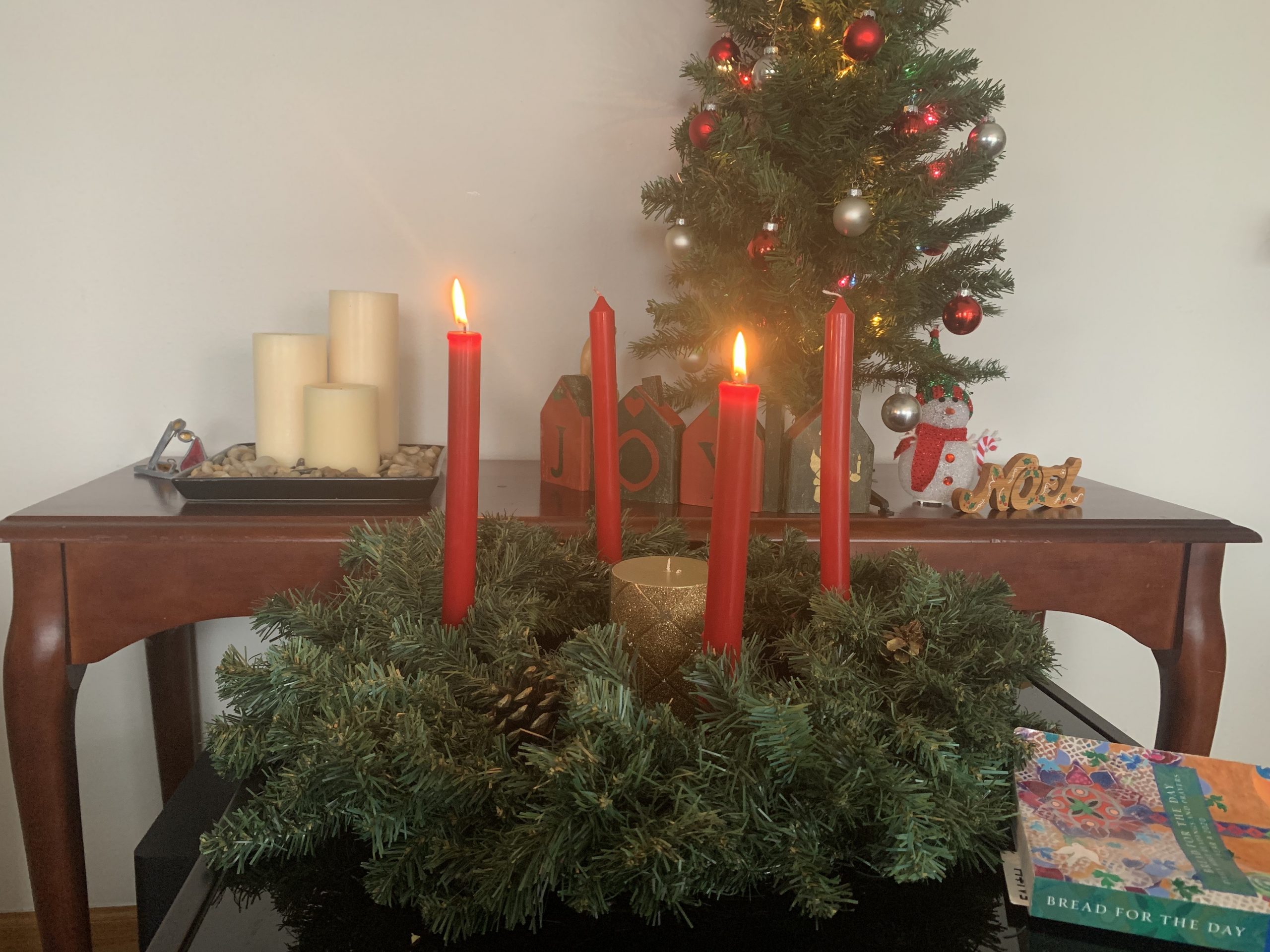
How Long, O LORD?
Some of us live in a time of uncertainty or hardship. With the psalmist, we cry out, “How long, O LORD?” (Psalm 13:1). Like the Israelites suffering in slavery in Egypt, the oppressed cry out to God. What does it matter that the promise will someday be fulfilled if it is not fulfilled now, for my people and my family? They suffered for generations in Egypt, holding onto the hope and promise of God.
As we begin a new church year, we start again with the season of Advent. This is the time (kairos) of promise, hope, and assurance. It is the time (kairos) for expectant waiting. That does not mean our task is to sit still. Expectant waiting is one of preparation, like John the Baptist preparing the way for Jesus and the magi bringing kingly gifts to a mere infant with no apparent prospect of taking the earthly throne. Our hope and expectation are defiant. This temporal world does not have the last say. Earthly powers will be overthrown (chronos), yet God’s reign will never end (kairos). The God who became flesh in Jesus at a specific time and place (chronos) comes to us even now (kairos), and we prepare for his coming again and again.
There is so much darkness and despair in this world. As people of God, we remain defiant in the face of it. Our concept of time is not one of death and decay but, rather, one of renewal and fulfillment. I encourage you to get out the Advent wreath and engage this practice of lighting a candle and praying with your family or friends. It is a ritual and rhythm that helps engage us in reflection on God’s time.
What time is it? It’s Jesus time. Let’s be the hands and feet of Christ in this world.

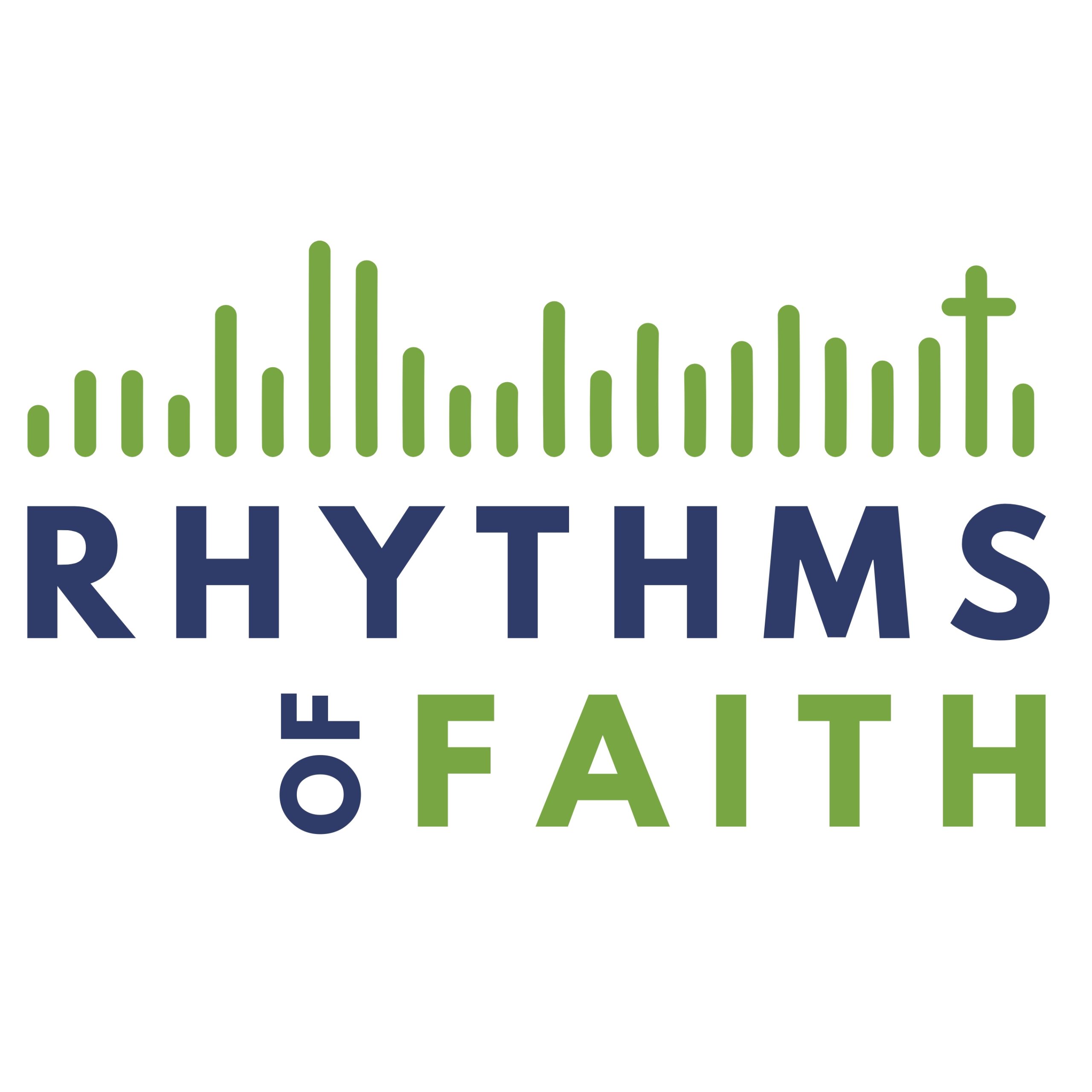
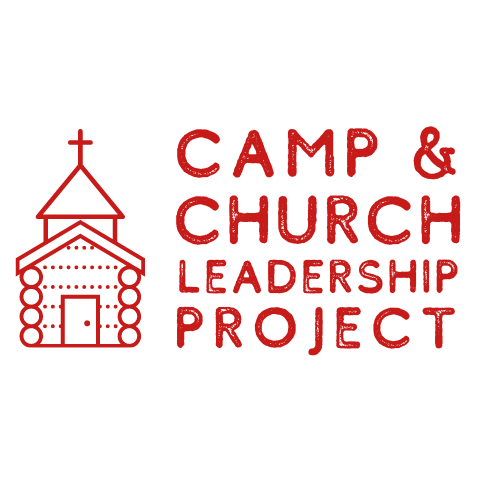
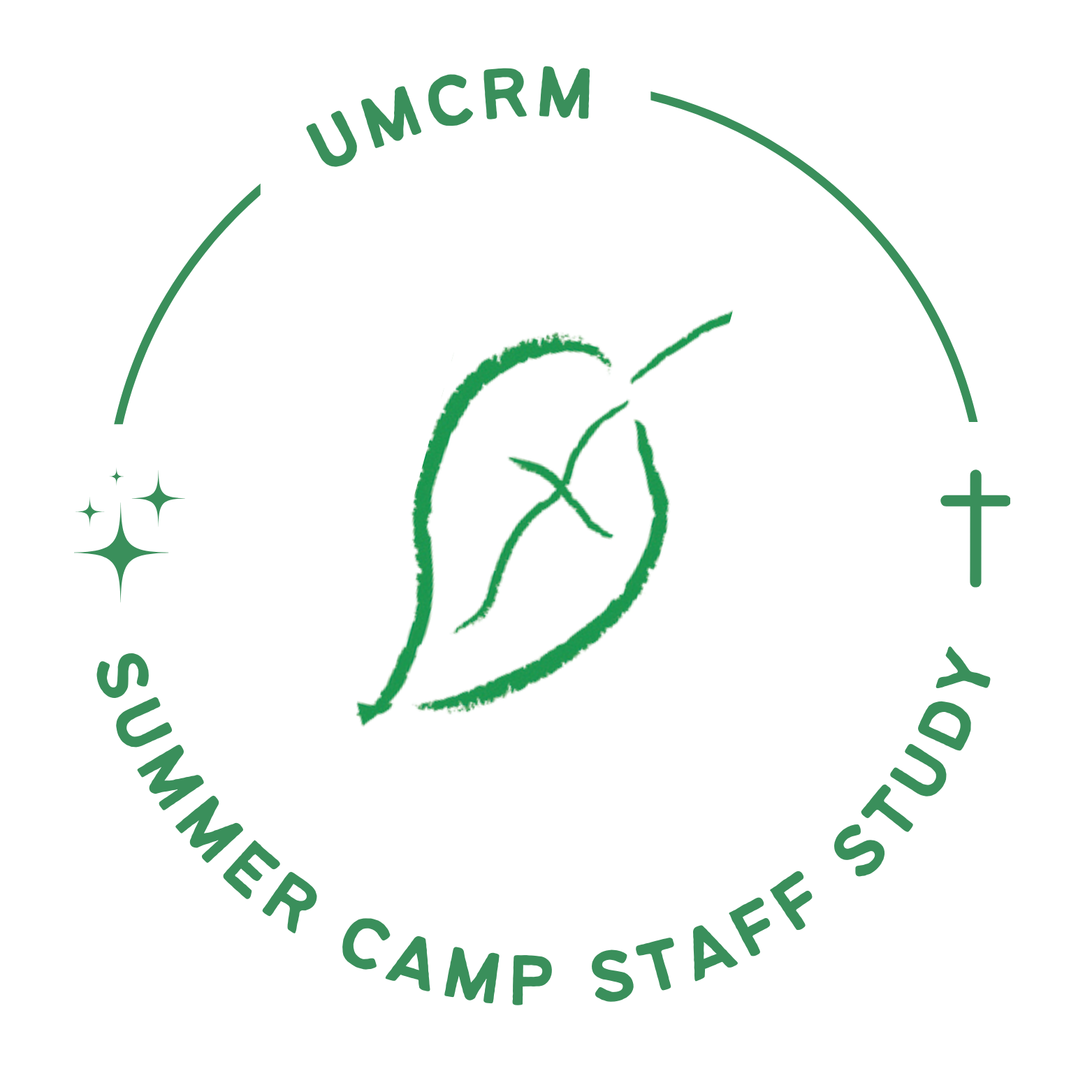





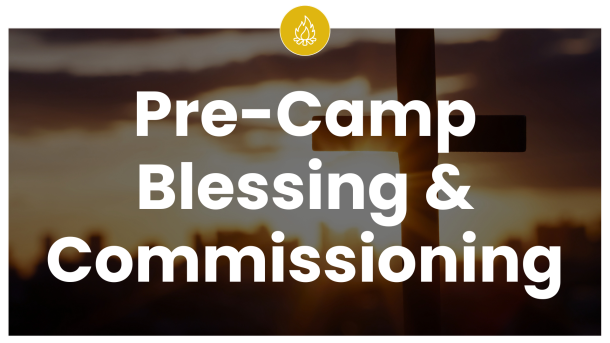
0 Comments